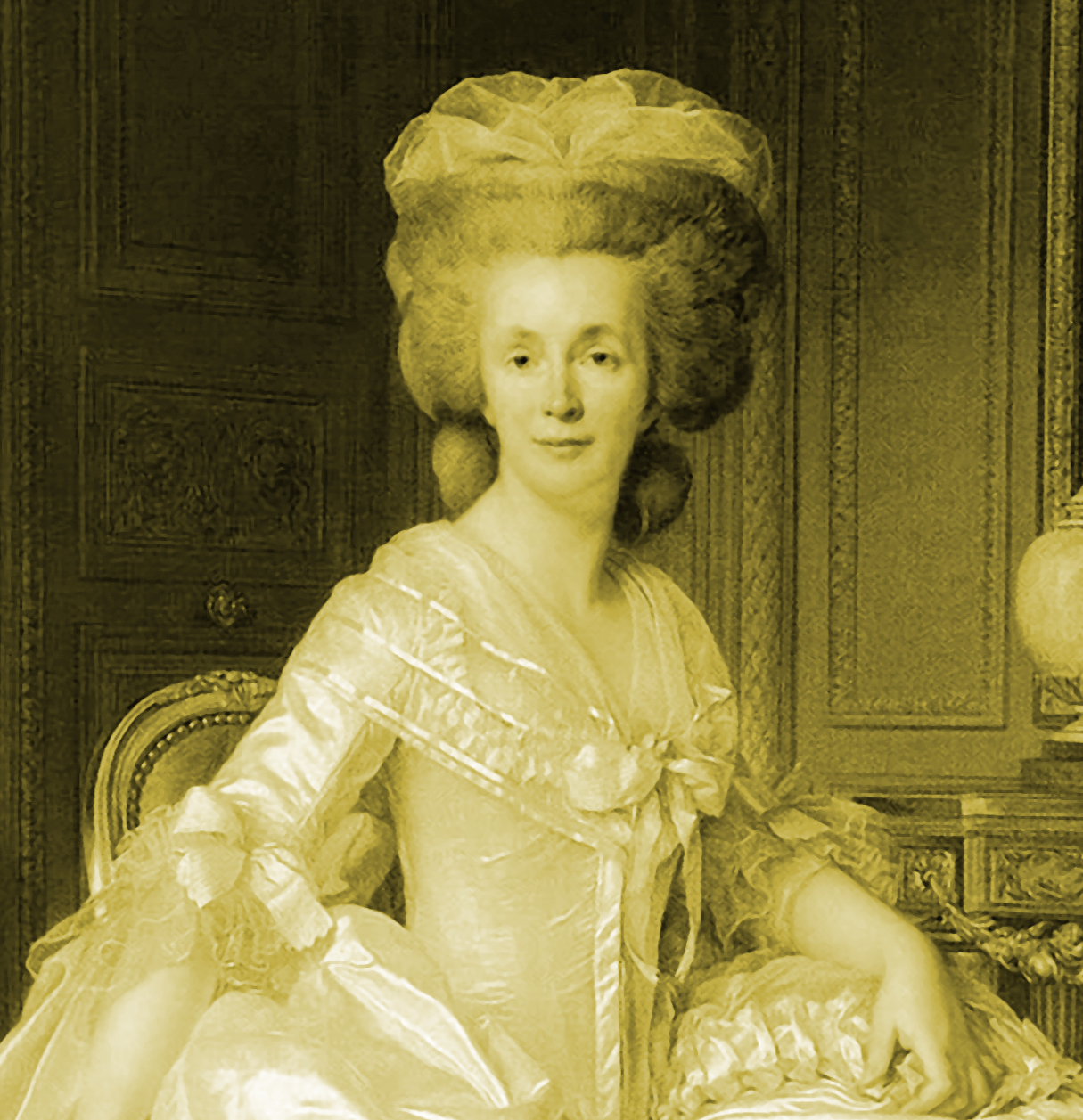Men see necessity only in crisis. Jean Monnet Jean Monnet, born November 9, 1888 in Cognac and died March 16, 1979 in Houjarray (Bazoches-sur-Guyonne), is a French international civil servant, international banker, promoter of Atlanticism and free trade. He is considered one of the “fathers of Europe”. Crises make us aware of the precious and yet so innocuous goods that…
+Category: Reflection
So Your Interest Is Always The Compass That Our Opinions Follow
So your interest is always the compass that our opinions follow. Jean-Pierre Claris de Florian Jean-Pierre Claris de Florian, born in Sauve on 6 March 1755 and died in Sceaux on 13 September 1794, was a French playwright, novelist, poet and fabulist. It is difficult to assess the sincerity of our convictions, a fortiori if they are political. We tend,…
+One always admires the work in which one finds one’s thoughts
One always admires the work in which one finds one’s thoughts. Suzanne Curchod Suzanne Necker, borned Curchod, born on 2 June 1737 in Crassier and died on 6 May 1794 in Beaulieu, was a Franco-Swiss woman of letters and salonnière. Here we have a reformulation of the concept of confirmation bias so popular today. The human tendency is to seek…
+You spend most of your life dressed as an adult
You spend most of your life dressed as an adult. Monique Corriveau Monique Chouinard Corriveau is a Quebec writer. She has written several books for young people. Life is a role-playing game and the one we play most often is to live as an adult. There is little difference between a child and an adult except that the latter has…
+To Be Possessed By Current Events Is To Be Possessed By Oblivion
To be possessed by current events is to be possessed by oblivion. Milan Kundera Milan Kundera, born on 1 April 1929 in Brno (Moravia), is a naturalized French Czech writer. He emigrated to France in 1975 and became a French citizen on 1 July 1981. He wrote his first books in Czech, but since 1993 he has used French exclusively.…
+Antipathy Analyzes Better, But Sympathy Alone Understands
Antipathy analyzes better, but sympathy alone understands. André Siegfried André Siegfried, born in Le Havre on 21 April 1875 and died in Paris on 28 March 1959, was a French sociologist, historian and geographer, a pioneer of electoral sociology. Antipathy is mainly driven by our intellect, it is cold and divisive. Its aim is not to understand but to separate.…
+The cost of unhappiness
Our societies should be more interested in people’s happiness, not only because it would be economically beneficial, but simply because without happiness there is no real will to build social links. The demand for economic performance makes us forget that living is not only about accumulating capital or finding a way to spend money better. By looking too much…
+The greatest crime is to kill the language of a nation…
The greatest crime is to kill the language of a nation with all that it contains of hope and genius. Charles Nodier Jean-Charles-Emmanuel Nodier was a French writer, novelist and academician (29 April 1780 in Besançon – 27 January 1844 in Paris). He is attributed great importance in the birth of the Romantic movement. What does Charles Nodier wish to…
+Every Day Is A Life
Don’t you have the feeling that when you get up in the morning you feel slightly different. Your dreams have left an imprint on you that you don’t remain insensitive to. These dream influences operate like the limbo from which you are reborn every morning. Of course, you are the same person. However, your thoughts and feelings can change greatly…
+Are Political Parties Irreconcilable Entities?
How are political divisions explained? Is it just a divergence of interest or is there something deeper that creates these splits? There is undoubtedly a dialectic that is built around a core of interests. Indeed, there are few votes of conviction in the primary sense of the term. People vote above all for what they are, their social condition, their…
+









